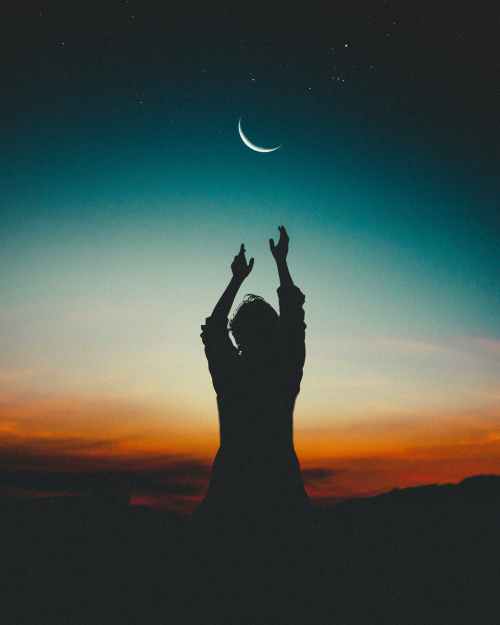A current article about an autistic boy denied First Communion (link to USA Today) in his family’s church raises interesting questions. The child is “100% non-verbal”, and the family’s priest says that speaking is an essential part of the ritual — participants in a First Communion must be able to say certain words as part of their preparation.
If the form of a rite is all-important, this makes sense: if you can’t access the form, the ritual benefit doesn’t accrue to you, so there’s no point in you participating.
Does Druid ritual work the same way? In many ways, and at first glance, it certainly does. While anyone who can respect a ritual space and other people in it is usually very welcome at any of the “Great Eight” seasonal rituals*, if those people are autistic, it’s true they may not be able to process — through language — all that takes place.
And a Druid group initiation typically relies even more on language: a set of questions and responses, verbal cues and directions to follow, speaking sacramental ritual words, and so on.

No words needed to reach for the moon …
But anyone who’s been moved non-verbally by an experience knows language is just one of many means at our disposal to experience and honor each other, access energy, manifest intent, link to spiritual presence, the sacred. People carry babies into both Christian and Pagan ritual spaces, cats and dogs often wander freely in and out of Pagan sacred circles, and small children are welcome as long they’re not disruptive.
If you’re in a sacred space and have silenced your own inner chatter enough to permit yourself some alertness to Others, you may know the presence of entities who don’t “talk” and can still communicate just fine. How many of us have heeded “nudges” and “gut feelings” to our advantage? We don’t “need” ritual to encounter the sacred: we all participate in it all the time. Life is sacrament: ritual helps to sharpen our consciousness of this spiritual fact.
Would a Druid Order or less formal Gathering “ban an autistic person from an initiation”? Instead, let’s reframe the question: how might Druids accommodate those who rely on other modes than language to access the sacred? Could we prepare them with appropriate modes of experience and instruction to participate? Could we then compose a ritual for them both to catalyze an experience and to welcome them into another state of awareness?
These questions begin to suggest their own answers. Creating “appropriate modes of experience and instruction” would most probably ask for close collaboration between a ritual designer and the families and friends of autistic people. After all, they possess crucial insight into means: they know better than anyone that the autistic person particularly likes this animal and has papered her bedroom walls with pictures of it, shows especial connection to X place, connecting to its trees and stones, has always preferred the colour Y, loves that song by Z, and so on.
Out of such things, both instruction and a “capstone” ritual can be drafted. Good ritual design means hallowing such associations, and making much of them. The personal details of our lives are already the rough material that spirit uses to reach us in a myriad of ways, and human differences like autism needn’t “make a difference” in this spiritual truth.
If we take it to heart, using the vehicle of Christian language, that the “Sabbath was made for man, and not man for the Sabbath”, we know that forms are secondary to spiritual purpose. Yes, a legalistic mindset can also quote scripture for its purpose — “For verily I say unto you, Till heaven and earth pass, one jot or one tittle** shall in no wise pass from the law, till all be fulfilled” — and we’ve seen all too often how the “jot-and-tittlers” of the world tend to latch onto power and lord it over others wherever they can.
But in the middle of where I am right now, rather than worrying over-much about what other people are doing, I can attend to my own life: how am I called today to help spirit flow into this situation, this moment, this time and place? My work is to answer that call, that question, that spiritual summons, with all the love and creativity I can muster.
/|\ /|\ /|\
*The approximate dates of the “Great Eight” seasonal rituals of the “Wheel of the Year” of much Druidry and modern Paganism:
Samhain/Hallowe’en/All Hallows, Oct. 31/Nov. 1
Yule/Winter Solstice/Alban Arthan, December 21
Imbolc/Groundhog Day/Candlemas, February 1/2
Spring Equinox/Alban Eilir/Ostara, March 21
Beltane/May Day, May 1
Summer Solstice/Litha/Alban Hefin, June 21
Lunasa/Lughnasadh/Lammas, August 1
Autumn Equinox/Mabon/Alban Elfed, September 21
**The English equivalent is “dotting your i’s and crossing your t’s”.
Image: Pexels.com
